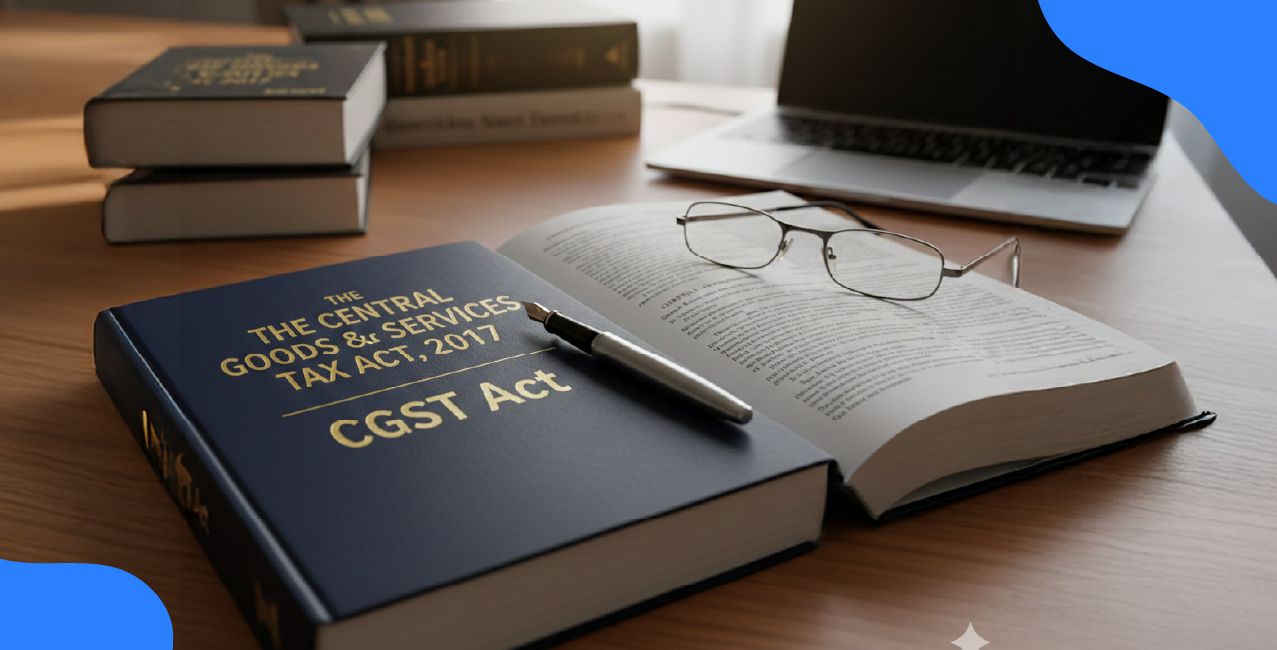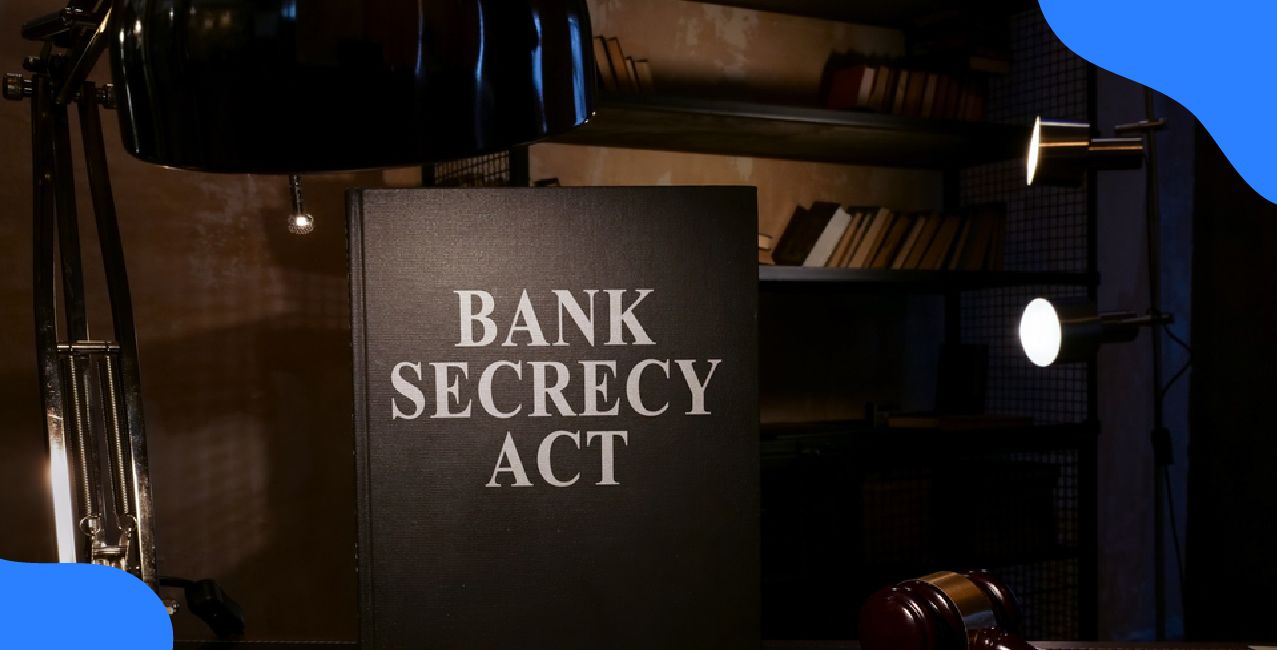What is delinquency? Definition and Impact on Credit Score

Check Your Loan Eligibility Now
By continuing, you agree to LoansJagat's Credit Report Terms of Use, Terms and Conditions, Privacy Policy, and authorize contact via Call, SMS, Email, or WhatsApp
Key Insights
- Delinquency occurs when a payment is missed. If you are even 30 days late, it gets reported and can damage your financial reputation.
- Late payments can seriously lower your credit score. This makes it tougher and more costly to get loans in the future.
- You can avoid delinquency by building good habits. Setting up autopay, creating a budget, and saving for emergencies are easy ways to protect your credit score.
Delinquency is defined as when young people break the law or engage in actions that harm others. It covers behaviours such as drug use, property damage, theft, and absences from school.
For example, Delinquency is not always violent, but it can lead to serious problems.
Manish, a 15-year-old boy, started skipping school and stealing money (around ₹500) from his parents.
- Later, he shoplifted a phone worth ₹10,000 and sold it to buy cigarettes.
- His actions caused trouble for his family and the shop owner.
Table:
Below is a table outlining the various types of delinquent acts.
This table helps you see different kinds of delinquency.
Like Manish's story, this article describes what it is and how it impacts other people. The first step in preventing delinquency is understanding it. The topic of this article is delinquency.
How Delinquency Affects Your Credit Score?
Not paying your credit card bill or loan on time is known as delinquency. Your credit score is harmed when banks notify the credit reporting agencies that you are 30 days past due.
Example: Devam’s Story
- Devam had a credit card bill of ₹8,000 due on 5th January.
- He forgot to pay and missed the deadline.
- After 30 days, the bank reported him as delinquent, dropping his credit score by 60 points.
- When he still didn’t pay for 90 days, the bank charged off his debt (marked it as a loss) and sent it to a collection agency.
- Now, Devam struggles to get new loans because lenders see him as high-risk.
Read More – FM Nirmala Sitharaman: NBFCs Must Ensure Fair, Respectful Loan Recovery Practices
How Delinquency Hurts Your Credit Score (Step-by-Step):
This Table Helps You Understand how each delay stage worsens your credit score.
If you ignore a small amount of delinquency, it can negatively impact your credit score. Devam's story shows how a single late payment can cause more serious issues. To prevent long-term harm, always make your bill payments on time.
How to Avoid Delinquency?
Preventing delinquency entails making wise decisions to avoid missing payments. It helps protect your credit score and keeps you out of trouble with the law and additional fees.
Example: Nitin’s Smart Money Habits
- Nitin earns ₹50,000 per month but often forgets bill payments.
- He created a budget, set up auto-payments, saved ₹10,000 per month as emergency cash, and tracked his credit card spending.
- Now, he never misses payments, avoids late fees, and keeps his credit score healthy (750+).
Also Read - What Happens If You Default On A Personal Loan? Legal & Financial Consequences?
Table: Ways to Stay Away from Delinquency
Highlights real-life actions (like Nitin’s) that prevent delinquency. Teaches straightforward money habits that anyone can follow.
Delinquency costs more money and damages your credit score. The story of Nitin shows how budgeting, auto-pay, and saving money help keep payments on schedule. Start these habits today to avoid future problems.
Conclusion
Missing payments can hurt your financial life badly. Nitin showed that little actions have a significant impact. You can avoid delinquency by using credit cards sensibly, saving for emergencies, setting up automatic payments, and planning your spending.
These easy practices reduce stress and maintain a high credit score. Keep in mind that a single late payment can result in penalties, increased interest rates, and loan denials. However, you'll always stay on course if you adhere to these financial guidelines.
Create a budget now, save a small amount every month, and never forget a deadline. These wise decisions will be appreciated by your future self.
FAQs
What happens if I miss a credit card payment?
If you miss the due date, you’ll be charged a late fee (₹500–₹1,000). After 30 days, it gets reported to credit bureaus and hurts your credit score. Pay as soon as possible to avoid bigger problems.
How long does delinquency stay on my credit report?
Late payments stay for 7 years, but their effect reduces over time. Paying on time from now on helps improve your score gradually.
Can I remove a delinquency from my credit report?
Only if it was a mistake (like a bank error). If it’s correct, you can’t remove it, but you can negotiate with the lender to update it if you pay.
Will one late payment ruin my credit score?
No, but it will drop your score by 50–100 points. Repeated late payments cause more damage. Always pay on time to recover faster.
What’s the difference between delinquency and default?
Delinquency = Late payment (30+ days), and default = Not paying for 90+ days (much worse for your score).
Can I get a loan if I have past delinquencies?
Yes, but with higher interest rates or stricter terms. Some lenders specialise in bad credit loans, but they cost more.
How can I check if I have any delinquencies?
Get a free credit report from CIBIL, Experian, or CRIF. Look for "late payments" or "delinquent accounts" in the report.
What should I do if I can’t pay my bill on time?
Call your lender before the due date. Many banks offer a grace period or payment plan to avoid reporting you as delinquent.
Does delinquency affect my job chances?
Sometimes. Employers in banks or finance may check credit history. A few late payments won’t matter, but serious delinquency could raise concerns.
How do I rebuild my credit after delinquency?
Pay all bills on time moving forward. Keep credit card balances low (under 30% of limit). Use a secured credit card if needed to rebuild trust.
Other Related Pages | |||
About the author

LoansJagat Team
Contributor‘Simplify Finance for Everyone.’ This is the common goal of our team, as we try to explain any topic with relatable examples. From personal to business finance, managing EMIs to becoming debt-free, we do extensive research on each and every parameter, so you don’t have to. Scroll up and have a look at what 15+ years of experience in the BFSI sector looks like.
Subscribe Now
Related Blog Post
Recent Blogs
All Topics
Contents
Quick Apply Loan
Consolidate your debts into one easy EMI.
Takes less than 2 minutes. No paperwork.
10 Lakhs+
Trusted Customers
2000 Cr+
Loans Disbursed
4.7/5
Google Reviews
20+
Banks & NBFCs Offers
Other services mentioned in this article








